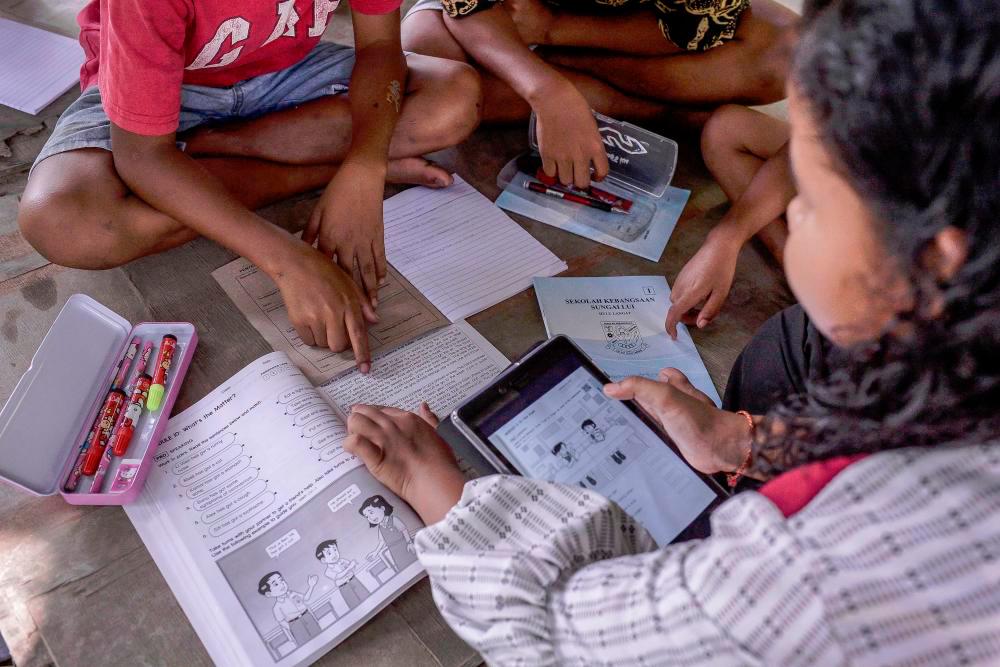MALAYSIA is a country blessed with a rich tapestry of cultures, languages and ethnicities. The country’s diversity has been a significant source of strength, enabling Malaysians to tap into different perspectives and ideas to drive innovation and growth.
Malaysia’s unique identity has always been symbolised by its diversity. As mentioned by Prime Minister Datuk Seri Anwar Ibrahim in his book Membangun Malaysia Madani, unity has a special place in Malaysia. But amid the changing cultural and demographic landscapes, creating and sustaining unity requires enabler tools, such as language intelligence.
This refers to the ability to communicate effectively and respectfully with people from diverse linguistic backgrounds. It involves understanding the nuances of different languages and dialects, as well as cultural norms and practices.
Language intelligence is also crucial for building trust and forging meaningful relationships between individuals and communities. In essence, language intelligence is an idealistic combination of verbal-linguistic intelligence and interpersonal intelligence, as defined by Howard Gardner’s Multiple Intelligence theory.
In Malaysia, language intelligence is especially critical given the country’s multiracial background. While Article 152 of the Federal Constitution firmly places Malay as the official language, many Malaysians are multilingual and speak different dialects and languages. This linguistic diversity can be a source of strength, yet it can also create challenges in communication and understanding.
In terms of the civil service, effective communication is crucial to the job performance of civil servants, and language intelligence plays a key role in attaining this. Civil servants must have strong language skills to be able to interact well with citizens and stakeholders from diverse backgrounds.
Language intelligence involves not only the ability to speak multiple languages but also the capacity to use appropriate diction or choice of words for different contexts and audiences. Civil servants must be able to communicate complex ideas in a clear and concise manner, using language that is understandable to the intended audience.
In addition to verbal communication, civil servants must also have strong writing skills to produce good letters, proposals, reports and other official documents. These documents must be written in a professional and coherent manner, using correct grammar, punctuation and vocabulary.
Language intelligence is equally critical in promoting Malaysia’s global competitiveness. Today’s world requires countries to communicate effectively with one another to establish international partnerships, negotiate trade agreements and promote tourism.
Civil servants who are proficient in multiple languages and possess a high level of language intelligence can represent the country more effectively on a global scale, leading to increased investment and economic expansion.
In this spirit, Intan (National Institute of Public Administration) has taken a broader approach to promoting language intelligence in Malaysia. Through a series of language and effective communication courses and seminars, civil servants have a vast opportunity to leverage their language intelligence skills.
The Public Service Department has also identified language proficiency and effective communication as key competencies required for promotions to higher managerial posts in the civil service.
In conclusion, we need language intelligence to help us collaborate and build harmonious, strong, cohesive communities.
Promoting language intelligence should be a priority for individuals, private organisations and the government as it will enable Malaysians to tap their full potential and play significant roles in the global economy.
Mohamad Ikhwan Al Syahid Abdullah Tahir, Training Consultant, Communication and Language Studies Centre, Munsyi Muda Bahasa, Intan. Comments: letters@thesundaily.com









